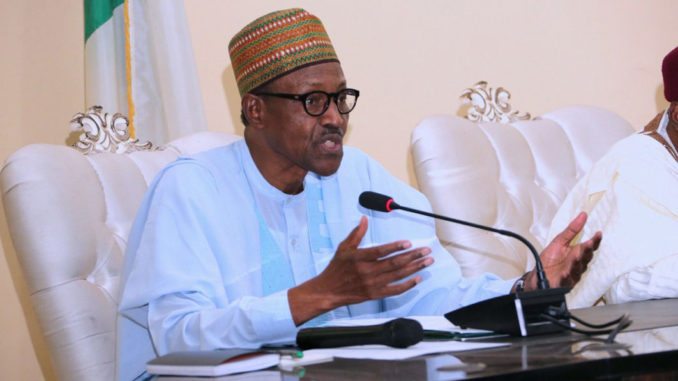
President Muhammadu Buhari will be sworn in on May 29, this year, for another tenure of four years. After months of electioneering, the Independent National Electoral Commission (INEC) declared Buhari as the winner of the February 23 presidential election.
The President polled 15,191,847 votes to defeat Atiku Abubakar of the Peoples Democratic Party (PDP) who secured 11,262, 978 votes. Instructively, Buhari won 19 states while Atiku won 17 states and the Federal Capital Territory.
Both the president and his challenger were also able to make the constitutionally required 25 per cent of votes cast in two-thirds of the states of the federation.
Both candidates ran a good race with margins coming from the North-West states of Kano, Katsina and Borno in the North-East to separate the two. For Buhari therefore, it is more than winning a reelection.
After a turbulent first four years where he was faced with health challenges, not very glamorous performance generally and even a vitriolic opposition, winning a re-election presents a stiffer challenge for him to bow out in 2023 as a true statesman.
For one, the president ran the first four years of his administration with same ministers, same service chiefs, even when it was crystal clear that some of those appointees were not measuring up to the standards expected to deliver the country from the doldrums.
It is expected that the president will dissolve the current cabinet before May 29, with a view to injecting fresh and vibrant blood for his second term, where he is expected to deliver a more gusto performance. For sure, the president would do well with sound economic managers for instance, who can give the administration the fillip it needs to improve on its economic performance in the first term.
The same applies to the fight against criminality and insurgency all across the country. There is no gainsaying the fact that the fight against insurgents had stuttered in the past few months, with the military placed under enormous pressure. There might be need to change strategy by having some new kids on the block in the form of service chiefs.
We have no doubt that fresh ideas are needed in the prosecution of the war against insurgency and criminality. We also have no doubt that the current service chiefs have offered their best to keep the insurgents at bay. We cannot deny the fact that there have been improvements in dealing with the insurgents as their activities were limited to some few areas in the North- East. By far the most important assignment before President Buhari from May 29 is the need to build a united country.
Under his watch since 2015, Nigeria has been at best divided along ethnic and religious lines. We recall that soon after he was elected in 2015, the president dropped the famous line of inequality with the 95 per cent to 5 per cent statement, which seemingly formed the basis of his distribution of political appointments across the country. In the 2019 election, the president did better even in such areas as the South- East and South-South, which are primarily core PDP states.
We do not see the 95 per cent to 5 per cent argument arising in his second term. He is expected to be the president of Nigeria, with all the people included, to foster national unity and cohesion.
We are however gladdened that in his acceptance speech after receiving his certificate of return from INEC, he spoke about running an inclusive government.
He has also spoken of the need to address unemployment, youth restiveness and the need to focus on the economy. These are areas that touch the core of the country, irrespective of religious or ethnic leanings. We may wish to inform the president at this time that his second term is a legacy tenure. Much of how he would be remembered in the future is tied to the way he executes his second term mandate.
He was accused of being ethnocentric, clannish and parochial in his first term by the nature of his appointments. We do not expect him to begin or end his second tenure in the same manner or with the same perception. Rather, we expect a president that is broadminded, a fatherly figure, who would be seen by all parts of the country as their president.
It is also imperative to note that Nigerians now expect a faster and proactive but meticulous decision making from the presidency. There was a lot of tardiness associated with the first term of the president.
There were much discordance, where individuals and groups appeared to be executing their own agenda within the government. While we accept that the health challenges of the president might have had a role to play in such events, we expect now that the president is healthy enough, he should take charge of his government and run its affairs personally.
We are convinced that the president is capable of delivering on his promises to make Nigeria great. We do not expect him to be blaming the PDP in his second term. That era has passed and the ball is squarely on his court now.
END

Be the first to comment